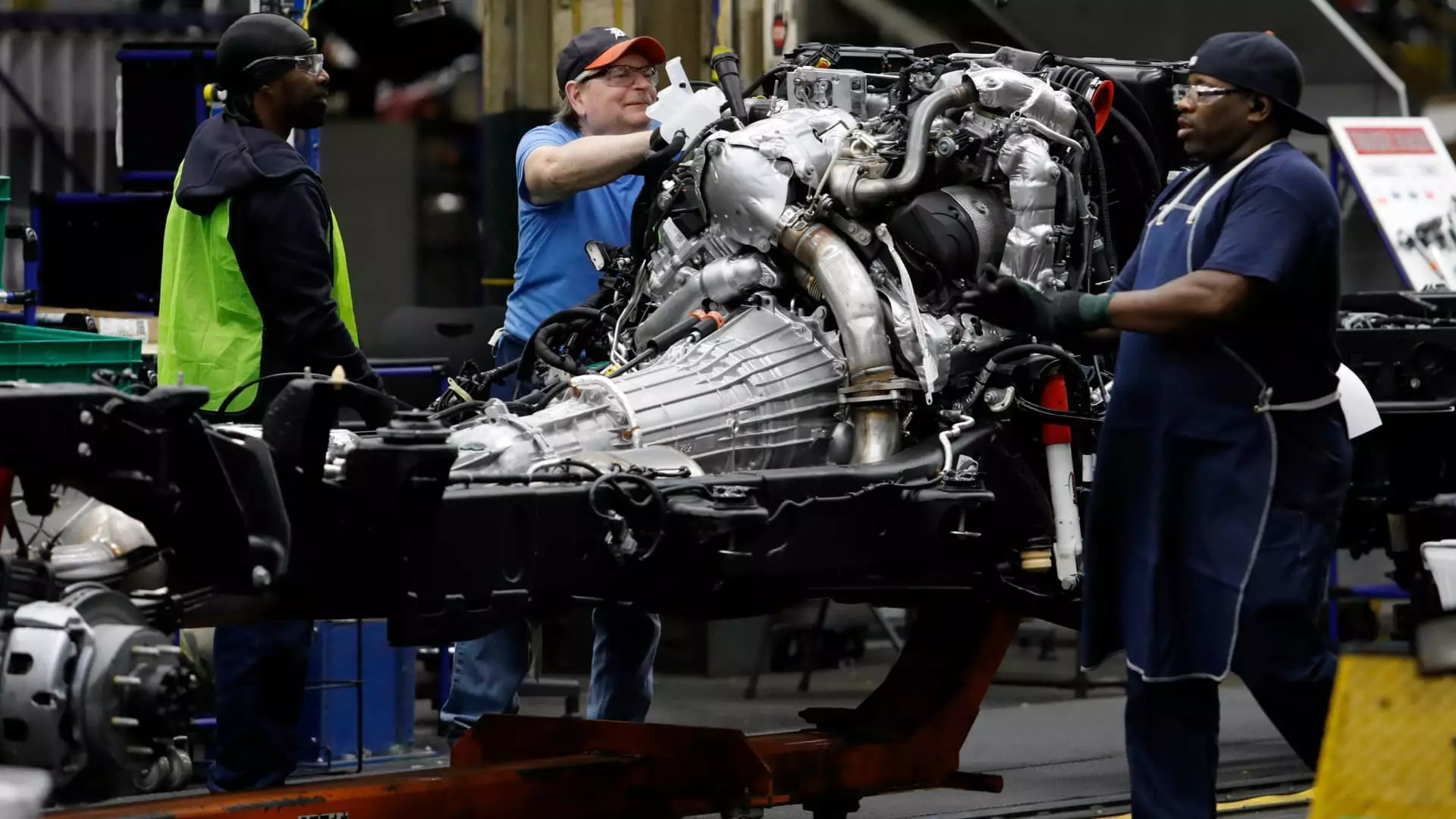In the world of manufacturing, particularly within the automotive industry, the interdependence between manufacturers and their suppliers can create vulnerabilities. A recent example of this is the disruption faced by General Motors (GM) due to Hurricane Helene, a natural disaster that significantly impacted the company’s operations. While hurricanes are unpredictable, their effects ripple through supply chains, forcing major corporations to reevaluate their production strategies and contingency plans.
Due to the storm’s impact on key suppliers, GM was compelled to halt vehicle production at two significant plants located in Flint, Michigan, and Arlington, Texas. These facilities are critical for producing high-demand products such as the heavy-duty trucks and large SUVs that contribute significantly to GM’s profitability. The decision to cancel shifts at these plants illustrates the broader challenges faced by the auto industry when external factors, such as natural disasters, come into play. The uncertainty surrounding when output would resume reflects GM’s cautious approach to ensure safety and efficiency.
Hurricane Helene’s path through the southeastern United States was devastating, with reports indicating at least 215 fatalities and countless individuals still unaccounted for. The destruction experienced in affected regions further complicates GM’s ability to maintain its supply chain. It raises important questions about how automobile manufacturers can prepare for such disruptions. A lack of transparency regarding the particular suppliers affected by the hurricane adds another layer of complexity, leaving many wondering how interconnected and reliant modern manufacturing processes truly are on various supply chain elements.
Jeffrey Morrison, GM’s vice president of global purchasing and supply chain, articulated the disruptive nature of both the hurricane and a concurrent strike among port workers. The resolution of the strike restores some stability, but it is clear that GM is still grappling with the aftereffects of the calamities that transpired. Drawing on lessons from the COVID-19 pandemic, GM has begun to undertake a comprehensive analysis of its supply chains, aiming to create a more resilient logistical framework. Morrison noted that this introspective phase has resulted in a better understanding of their supply chain’s sub-tiers, allowing for more proactive decision-making.
In response to these disruptions, GM’s approach now includes not only enhancing internal processes but also supporting its suppliers during crises. The severity of production halts underlines the necessity for manufacturers to develop robust strategies that anticipate disruptions due to natural disasters. As the auto industry navigates these hurdles, the emphasis on collaboration with suppliers and adaptability will be crucial for future resilience.
The interruption of GM’s operations due to Hurricane Helene serves as a poignant reminder of the inherent vulnerabilities within supply chains in the automotive sector. It prompts an essential dialogue on how industries can effectively integrate disaster preparedness into their operational frameworks to mitigate similar risks in the future.

